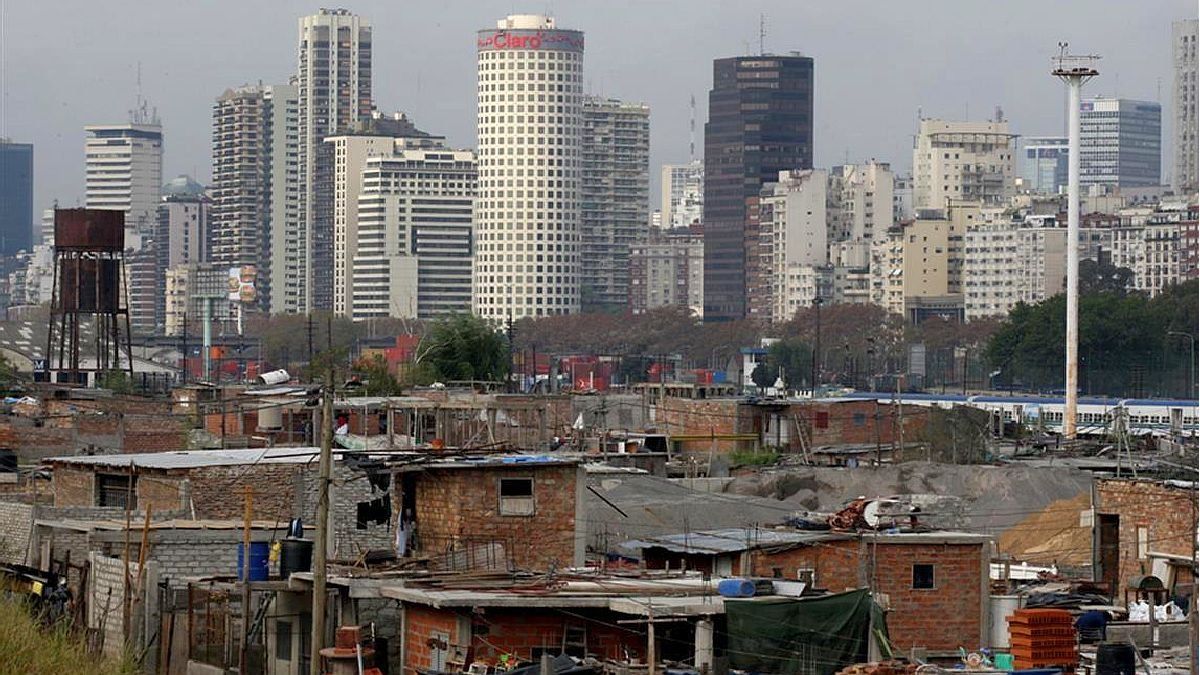The fear of interest rates fueled by US Federal Reserve Chairman Jerome Powell continued to weigh on the Dax on Monday. The leading index followed on from its slide on Friday by temporarily falling below 12,800 points to its lowest level since mid-July. However, the pressure eased somewhat over the course of the day, and most recently it lost 0.81 percent of its value at 12,866.85 points.
The fear of interest rates fueled by US Federal Reserve Chairman Jerome Powell continued to weigh on the Dax on Monday. The leading index followed on from its slide on Friday by temporarily falling below 12,800 points to its lowest level since mid-July. However, the pressure eased somewhat over the course of the day, and most recently it lost 0.81 percent of its value at 12,866.85 points.
The overall picture was better in the second German stock exchange league: the MDax was able to make up for its losses, with 25,503.15 points almost at the previous day’s level. On the pan-European stage, however, the selling pressure was even stronger: the Eurozone index EuroStoxx 50 fell by 1.2 percent.
Powell had already put the markets under considerable pressure with his statements at the central bank conference in Jackson Hole on Friday. According to Bankhaus Metzler, he has firmly reaffirmed his intention to tighten monetary policy enough to bring inflation down to the target level of two percent. He admitted that this is likely to mean “some pain for households and businesses”.
Previously, some market participants had harbored hopes that the Fed might revise its hawkish stance as the economy slows. “However, Powell clearly rejected this,” commented Metzler analyst Eugen Keller. “Instead, he agreed that times would continue to be difficult,” said the expert. Investors are therefore becoming increasingly concerned about a recession.
In addition, investors are looking at the three-day gas supply stop recently announced by Russia, which will begin soon. On Monday, however, gas prices initially fell a bit from a very high level. Germany is making better progress than expected when it comes to filling the gas storage facilities. The value of 85 percent prescribed for the beginning of October should already be reached by the beginning of September. The Federal Network Agency also assumes that natural gas will flow to Germany via France as early as October.
There were relatively few winners in the Dax for individual stocks. Positive exceptions were the 0.8 percent higher Volkswagen shares and those of the VW group holding Porsche SE with plus 3.3 percent. Here, investors are still waiting hopefully for news about the IPO of VW sports car subsidiary Porsche AG, after the Bloomberg news agency reported on Friday, citing circles, that this could be announced in the first week of September.
Bayer loses 3.8 percentage points
Bayer, on the other hand, were the biggest loser of the day with minus 3.8 percent. Study data on the drug candidate Asundexian were not a positive price driver here. Experts tended to rate these slightly positively, but the leaps of joy that some had apparently hoped for did not happen. Bayer had raised quite high expectations in recent weeks.
Elsewhere, bigger losers came from interest-sensitive sectors, including the high-growth technology sector in particular, as Infineon’s shares, down 2.4 percent, showed.
Prices also slipped in the capital-intensive area of renewable energies, especially for wind farm project developers such as Encavis or PNE with taxes of more than four percent. Utilities were generally on the sales lists across Europe, also because the discussions about an excess profit tax for those who profit from the high energy prices are increasing again. Against this background, RWE lost more than five percent at times on Monday, but recently the selling pressure was put into perspective at 1.9 percent.
Federal Minister of Economics Robert Habeck is aiming for a change to the planned gas levy in order to prevent companies from benefiting that do not need it economically. Uniper remains the most needy company, the power plant operator applied for an extension of a KfW credit line on Monday – and this apparently reassured investors. After a record low of almost 5 euros, the price losses were made up for recently.
The euro was trading at $1.0004, close to parity. The European Central Bank set the reference rate at $1.0007 on Friday.
On the bond market, the current yield rose from 1.23 percent on Friday to 1.40 percent. The Rex pension index fell by 1.01 percent to 132.12 points. The Bund future fell 0.50 percent to 148.72 points.
Source: Stern
Jane Stock is a technology author, who has written for 24 Hours World. She writes about the latest in technology news and trends, and is always on the lookout for new and innovative ways to improve his audience’s experience.




